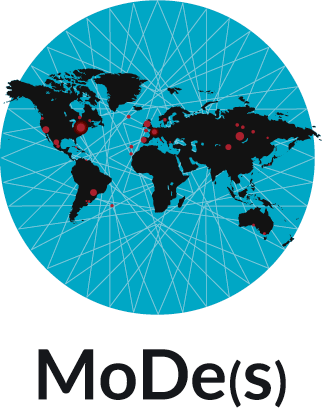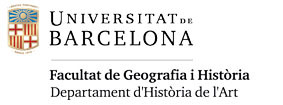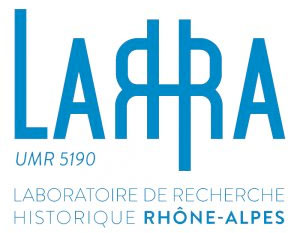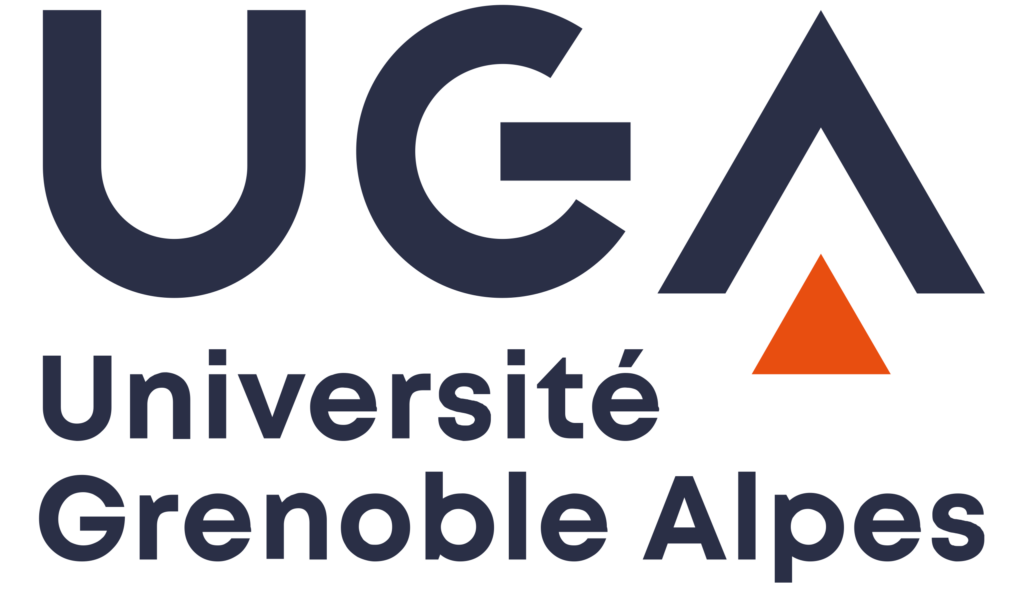International Seminar
Against the Canon: Artistic and Historical Narratives on the Two Sides of the Iron Curtain (1960-1990)
9 July 2021
Université Grenoble Alpes
In 2020, Argentine historian Andrea Giunta published Contra el canon. El arte latinoamericano en un mundo sin centro (siglo veintiuno ediciones), a collection of essays in which he reviews the canonical history of contemporary art in Latin America. Giunta proposes to destabilize and question the current historical discourses that explain Latin American art from its “peripheral” condition, in order to promote their own meanings and experiences, adapted to the historical, political and social contours of the region. Notions such as “modernity”, “center” or “periphery” are then confronted with alternative concepts such as the “contact zone”, the Atlantic space or the two sides of the Iron Curtain, which are built through collaborations, exchanges and common imaginaries; or that of “simultaneity”, which refers to the parallel development of analogous artistic practices and languages by isolated agents. In this way, Giunta examines the experience of the Latin American avant-gardes and neo-avant-gardes, the international solidarity with the Chilean Popular Unity, the irruption of the mass media on a global scale or feminism as a common simultaneous horizon.
It is this notion of “canon” as a rationality or way of thinking that Against the Canon: Artistic and Historical Narratives on the Two Sides of the Iron Curtain (1960-1990) aims to recover. This seminar will present thesis and master’s projects that revisit experiences rooted on both sides of the Iron Curtain, rehearsing other ways of thinking contemporaneity – its discourses, its practices, its relations, its institutions – but also the experience of working with the MoDe(s) project database, a tool for the exploration of these historiographical alternatives.
PosterProgram
15.00 – 15.15 Welcome and introduction by Paula Barreiro López (Université Grenoble Alpes)
15.15 – 16.00 Inés Molina (Universidad Autónoma de Madrid), Presse anti-autoritaire dans / depuis la transition espagnole : expériences de communication et de créativité populaire face à la montée du projet néolibéral (1970-1980)
16.00 – 16.15 Break
16.15 – 17.45 Dialogues croisés entre l’Europe et l’Amérique latine
Marie Blanc (Université Grenoble Alpes / Université Paris Nanterre), Regards politiques sur la ville : circulations et échanges photographiques entre la France et la Tchécoslovaquie (1958 – 1968)
Anita Orzes (Universidad de Barcelona / Université Grenoble Alpes), On se regarde ? Pour une histoire croisée des biennales (1970 – 1989)
Clara Padovani (Université Paris 1), Performance dans l’espace urbain de Santiago : occupations et altérations politiques et sociales.
17.45 – 18.00 Break
18.00 – 18.45 Revues d’art dans la base de données MoDe(s) : Ressources numériques pour une histoire de l’art globale
Ronde table with Noa Buffavand (Université Grenoble Alpes) and Clara Padovani (Université Paris 1)
18.45 – 19.00 Conclusions
To follow the seminar click on this link
Direction: Anita Orzes (Universidad de Barcelona / Université Grenoble Alpes) , Inés Molina (Universidad Autónoma de Madrid)
Seminar organized in the framework of the research projects Ré.Part – Partisan Resistance(s): Visual culture, collective imagination and revolutionary memory of the Laboratoire de Recherche Historique Rhône-Alpes (LARHRA) and Decentralized Modernities: Art, Politics and Counterculture in the Transatlantic Axis during the Cold War (HAR2017-82755-P) as well as the FPI contract (PRE2018-085848)
Image: Diana Dowek, Lo que vendrá, 1972. Museo de Bellas Artes, Buenos Aires






